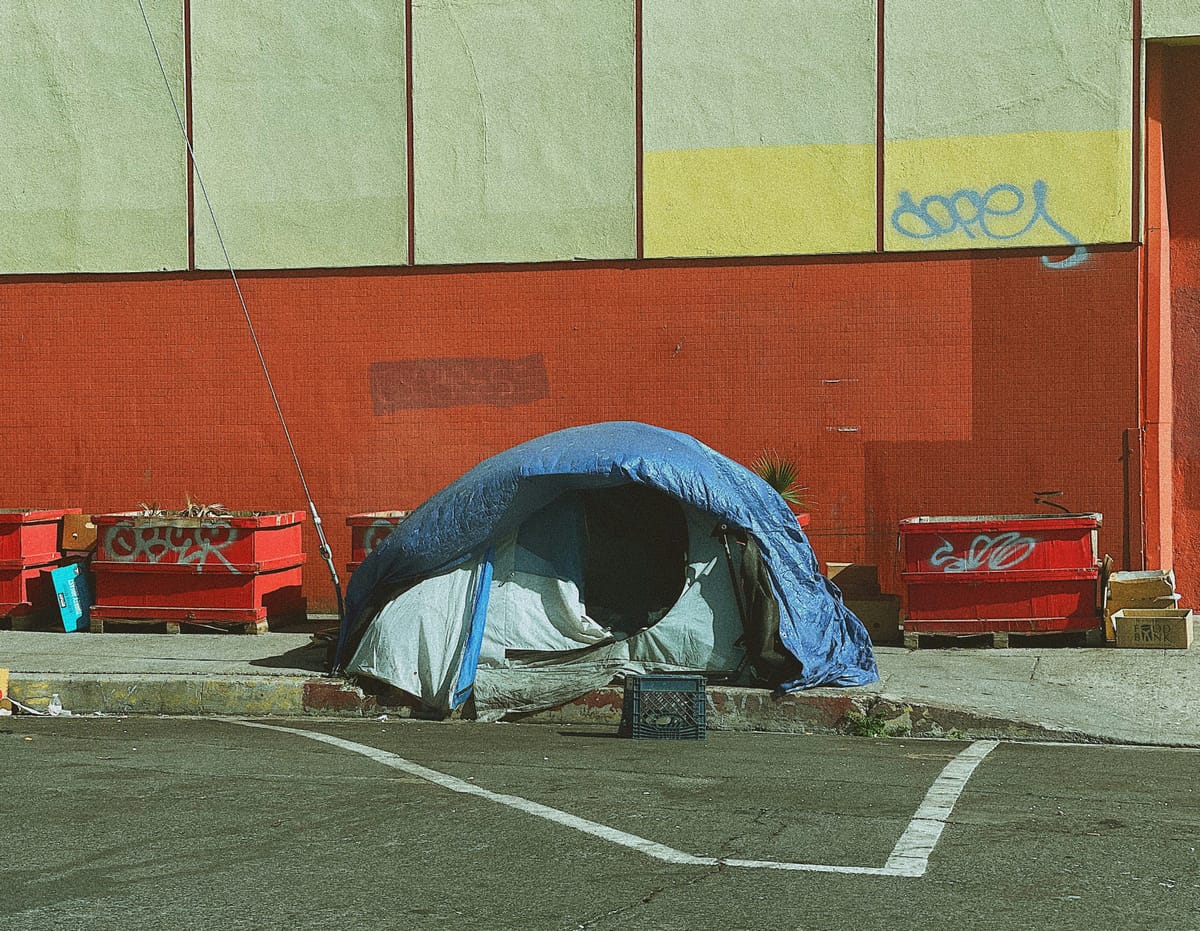Washington Supreme Court Strikes Down Public Camping Proposition

SPOKANE, Wash. — The Washington State Supreme Court has invalidated a Spokane ballot initiative that aimed to ban encampments near schools, parks, and childcare centers. The decision, issued Thursday, found the measure unlawful under state guidelines governing citizen-led initiatives.
Known as Proposition 1 or the Hansen Initiative, the measure passed by a wide margin in the November 2023 election. It would have prohibited public camping within 1,000 feet of designated sensitive areas, regardless of whether shelter space was available.
The court determined the initiative was “administrative” rather than “legislative” in nature. Under state law, only legislative matters can be decided by local ballot initiatives. The ruling reverses previous decisions by a trial court and the Court of Appeals, both of which had allowed the measure to proceed.
Court Cites Existing City Ordinance
Justice Gordon McCloud, writing for the majority, pointed to Spokane’s existing ordinance on unlawful camping, passed in 2022. Known as the Martin Ordinance, it was designed in response to a federal court decision requiring cities to ensure shelter is available before enforcing public camping bans.
The Supreme Court said Proposition 1 did not create a new law but attempted to change how the city enforces an existing one, which falls outside the scope of citizen initiatives under Washington law.
City and Advocates React
Mayor Lisa Brown said the ruling provides “important clarity” about the limits of local ballot measures and the differences between administrative and legislative actions.
She emphasized that Spokane’s current unlawful camping ordinance remains in effect and is being enforced. But she also noted that enforcement alone cannot resolve homelessness.
“We just announced deployment of opioid settlement dollars to create more sobering beds and are working with Spokane County to expand the crisis stabilization facility,” said Brown.
She highlighted the city’s ongoing efforts, including the High Utilizer Initiative and the Spokane Fire Department’s CARES Team, as well as continued work to expand affordable housing.
“Our legal team is currently reviewing the Court’s opinion in detail, and we will be working together to thoughtfully chart a path forward that reflects the Court’s guidance,” Brown said.
Shelter Leader Cites New Hope
Julie Garcia, founder of Jewels Helping Hands and one of the plaintiffs in the case, agreed with the intent behind Proposition 1 but stressed the need for real solutions.
“Is it changing things? Yes. Is it perfect? Not yet. Can it be? I believe so,” Garcia said. “This is the first time I’ve felt hope through three administrations that we were going to move the needle in homelessness for our community.”
Pushback from Downtown Business Group
The Downtown Spokane Partnership criticized the court’s decision, calling it a blow to voters’ rights.
“Regulating private conduct on public property is and has long been well within the powers of the people,” the organization said in a statement. “We’re disappointed by the court’s ruling. It undermines and disregards the fundamental right of Spokane voters and the local initiative process.”
The decision returns Spokane’s homeless policy to the 2022 ordinance and may influence how other Washington cities approach similar issues in the future.
